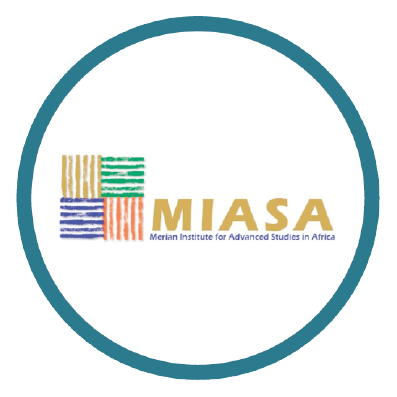Reflections on Africa and the Anthropocene: Climate Change Adaptation Practices in Rural Ghana
Globally, there is evidence to show that climate change is impacting on the ecological, social and economic systems of the planet (earth), and its consequences on freshwater resources, forest products, coastal systems, settlements and human health. This is threatening the lives and livelihoods of men and women and their families. Whilst these varies regionally, Africa is known as one of the continent vulnerable to the consequences of climate change as a result of other pressing challenges such as increasing poverty and inequalities, thus weakening the capacity of African countries to adapt to these climatic changes. Again, within the continent, the impact of climate change differ in time and place, but the hardest hit is the agricultural sector especially among the vulnerable populations in the rural areas. In the midst of all these, there is evidence to show the resilience of rural farmers. This presentation will focus on the adaptation strategies among male and female small-holder crop farmers in the transition zone of Ghana. It will highlight farmers’ perception of climate change, its effect on their livelihoods, the gendered nature of adaptation strategies and the contribution of adaptive practices to improved household food security and income. The overall outcome is the resilience of rural farmers in adapting to climate change which calls for broader engagement, research and dialogue on ‘Anthropocene’.
Prof. Dr. Charlotte Wrigley-Asante is an Associate Professor in the Department of Geography and Resource Development, University of Ghana and is co-Director (Ghana) of the Merian Institute for Advanced Studies in Africa (MIASA), based on University of Ghana campus. Her main research areas include gender, urbanization, poverty and empowerment issues in Ghana. She has conducted research in the areas of gendered livelihoods focusing specifically on women and natural resources management, women in informal cross-border trading in urban Ghana; gender dynamics of crime and safety in urban public spaces; and gender and climate change issues in Ghana. Research in the area of climate change has focused on the gendered implications of climate change on small-holder agricultural farmers and the gender differences in their adaptation strategies in different geographical settings. Future research areas intend to focus on the nexus between gender, climate change and renewable energy vis-à-vis gender and air pollution issues in Ghana. She has published extensively in several peer reviewed journals including “Gender, Space and Place:Journal of Feminist Geography’; ‘Journal of Gender Studies’ and ‘International Development Planning Review’.



